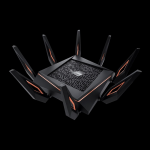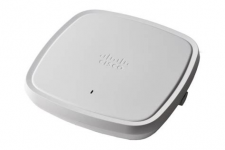Wasn't IPv6 supposed to do that as well? Whatever happened to that anyway
It's slowly being rolled out.
Most mobile internet is already all IPV6.
Many home internet providers have also started to make IPV6 available.
And yes, part of the motivation of IPV6 (in addition to simply dealing with address space exhaustion) is to provide enough address space that NAT becomes obsolete, because there is enough address space that any device can connect to any other device 1:1.
The security and tracking aspects of this have been raised, and the IETF responded by including measures that allow you to rotate IP addresses frequently. Because there are so many ip addresses, the envisioned setting is that each subscriber would get a large block of block of addresses. The most common size is a /64 or /56 block.
If I have understood it properly:
A /64 block means the first 64 bits of the address are fixed, meaning the remaining 64 (out of 128bits in total) are yours to use, so you get 64bits or 2^64 or 1.8x10^19 addresses just to yourself.
A /56 block then means the first 56 bits of the address are fixed, and you get 72bits to yourself, so 2^72, or 4.7x10^21 addresses to yourself.
So, the way they reduce tracking per device is to have the DHCP rotate the addresses on the device on a regular basis. How often this occurs is configurable.
This certainly helps a little, but it is far from perfect.
As much as it makes the authors of the IPV6 standard foam at the mouth, I think I intend to use NAT66, in other words IPV6 to IPV6 network translation, similar to how your router today does NAT44, or IPV4 to IPV4 address translation.
IPV6 evangelists HATE this, as they see the whole purpose of IPV6 as getting rid of NAT once and for all, but IMHO it makes the most sense to me for my network.
I'd much rather have everything enter and exit my local network on one mixed garbled IP address (and tunnel that IP address through a anonymous VPN service)
I think I read somewhere that Verizon is starting to roll out IPV6 on FiOS by now, but I am not sure if it has hit my area yet.
I'll probably put off transitioning my network to IPV6 for as long as possible. Right now I ahve it set up and it works. I ahve no need to change anyhting, until the day I start not being able to access sites because they have moved to IPV6, but I feel like that is quite a long ways away.



